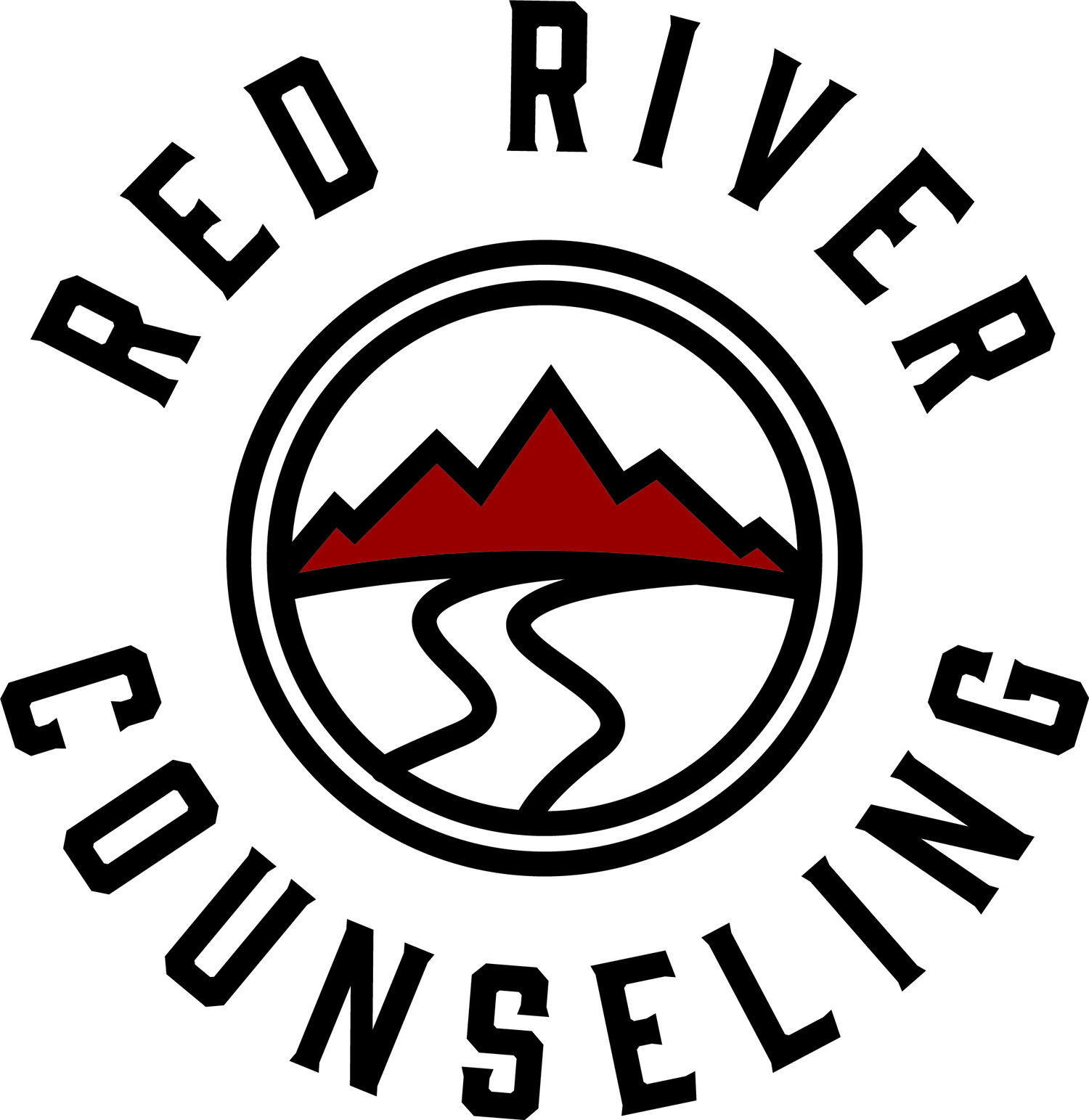What are the warning signs that my loved one is headed down a dangerous road and needs counseling?
Although there’s no one ‘sign’ that can tell us that someone is headed towards trouble, if we gauge where they are in contrast with where they’ve been, we can get a pretty good signal. Below are five categories to look out for, which are changes in behavior, health, personality, appearance, and other signs.
Similar to the weather, everyone has a stormy or rainy few days here and there. What you are looking for would be more like changes to the climate, as if the arctic suddenly became a dessert or the Sahara suddenly started to become a lake. This is particularly true of teenagers, who many of these changes apply to on any given day. Again, you’re looking for consistent and patterned changes, not just a few bad days here and there.
If you are concerned that your loved one may be abusing drugs/alcohol or struggling with their mental health, feel free to schedule a session with us so that we can walk with you to develop the best possible plan to help them. You can also follow this link to take some free self-assessments to better understand what might be going on.
Warning Signs of Substance Abuse or Emotional Issues
Behavioral Changes
Often the easiest to perceive, here are some behavioral changes that may indicate your loved one is heading towards trouble:
Sudden or increased poor job/academic performance.
Missing school/work and/or extracurricular activities.
Getting into conflicts or trouble at work/school.
Becoming defiant, uncooperative, or hostile (e.g., failing responsibilities, ignoring rules, lashing out).
Increased illegal activity or behavior.
Decreased interest in activities and hobbies.
Changing friends or social circles.
Isolating themselves from friends or family.
Acting secretive.
Newfound demand for privacy.
Decreased or lack of respect for authority.
Avoiding eye contact.
Complaints from bosses, colleagues, teachers, classmates, etc.
Unexplained disappearances for significant periods of time.
Mood & Personality Changes
Often psychotropic drugs, even those prescribed, are abused and can cause personality or mood changes. Some symptoms may include:
Frequent mood swings or emotional instability.
Extreme highs and extreme lows.
Manipulative or deceitful behavior.
Decreased motivation.
Lethargy or low energy.
Memory problems.
Poor concentration.
Slurred or rapid-fire speech.
Laughing for no apparent reason.
Being unusually loud and obnoxious.
Being fearful or paranoid for no apparent reason.
Periods of drowsiness followed by periods of high energy.
Other unexplained changes in attitude or personality.
Health Changes
There are many health issues that may occur as a result of drug/alcohol abuse or emotional issues, such as:
Appetite changes.
Sleep disturbances.
Excessive thirst (known as cottonmouth and typically occurs as a result of marijuana use).
Nausea and vomiting.
Sweating.
Headaches.
Frequent illness.
Sudden weight loss or gain.
Coordination problems.
Nosebleeds (may occur due to the snorting of drugs such as cocaine, Adderall, etc.).
Constipation.
Seizures (without a history of epilepsy or other seizure disorder).
Runny nose.
Shakes or tremors.
Accidents or injuries.
Changes in Appearance
People who are abusing drugs or struggling with emotional issues often neglect their appearance, which may result in some of the following:
Poor hygiene (unkempt hair, pronounced body odor, dirty clothes, etc.)
Poor coordination.
Teeth clenching.
Bloodshot eyes.
Bruises, cuts, and sores (from falling, bumping into things, or scratching oneself).
Constant scratching (a common sign of opiate use).
Track marks on arms or legs from intravenous drug use.
Wearing long sleeves even in the summer (to cover up track marks).
Burns on fingers or lips (from smoking).
Pinpoint pupils (a common sign of opiate use).
Smelling like drugs, alcohol, or other unusual odor.
Other Signs
There are several other visible signs of drug use that you should look for. These may include:
Finding drug paraphernalia (e.g., pipes, rolling papers, needles, bottles, unusual containers, eye drops, butane lighters, smoking devices, cut up straws, mirrors, Ziploc bags, tin foil, weighing scales, balloons, aluminum foil wrappers, vials, capsules, etc.).
Finding drug residue or remains (e.g., seeds, stems, powder, etc.).
Smelling strong incense or perfumes within their personal space to hide the smell of drugs (car, bedroom, bathroom, etc.).
Family members missing medications, alcohol, cigarettes, etc.
Family members missing cash or other resources (i.e., valuable items which may be pawned).
Finding hidden stashes of drugs or alcohol.

